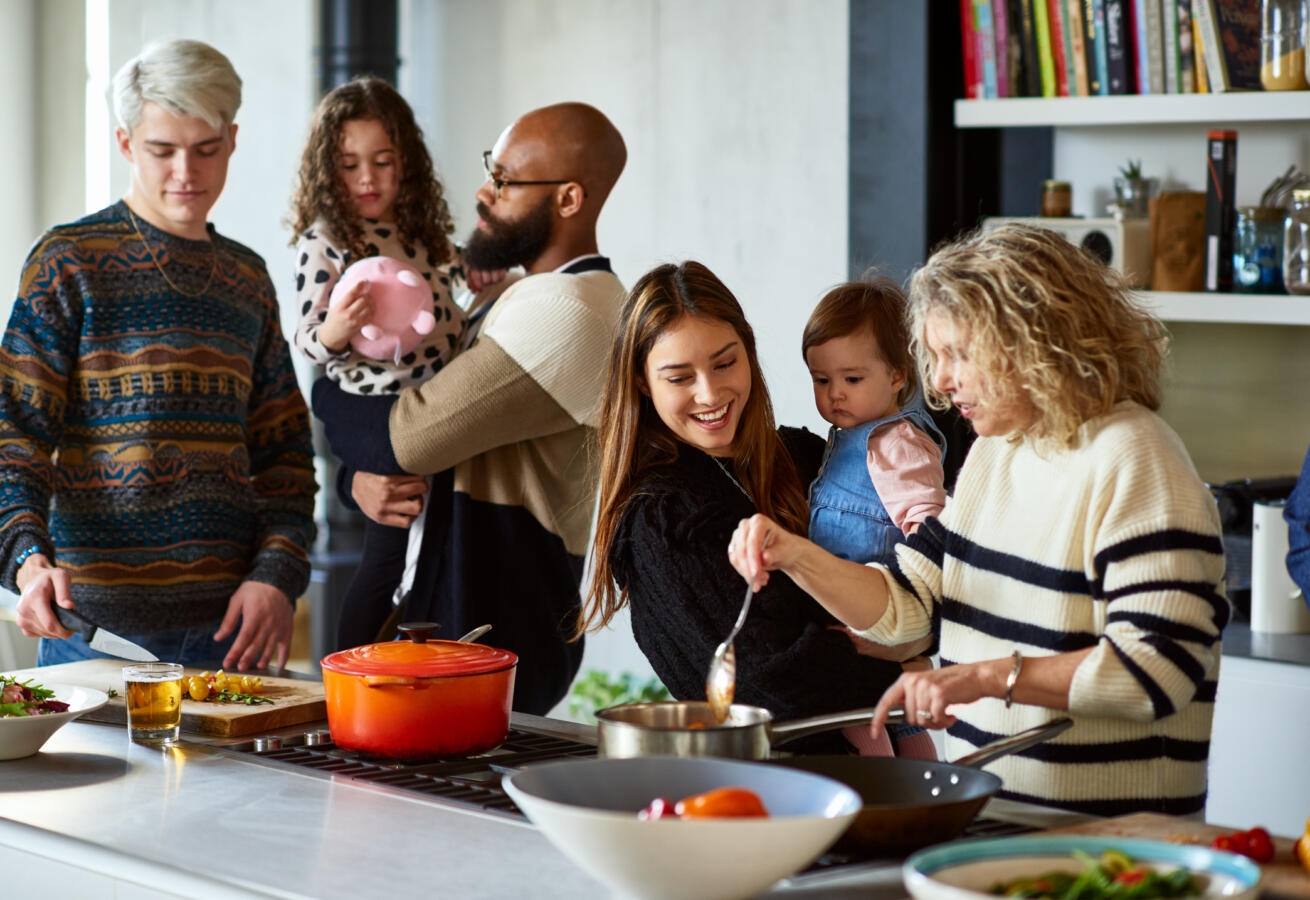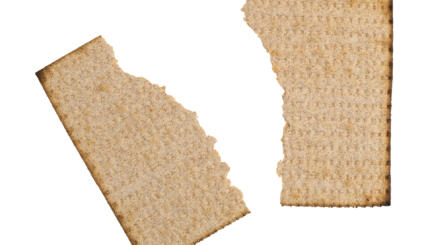There are many Americans who can trace their lineage back several generations, naming when and how their ancestors came to this country in the 17th and the 18th centuries. As an American Jew whose great-grandparents and great-great grandparents came to this country, some of whom fled Ukraine, in the late 19th and early 20th centuries, I am not able to trace my lineage beyond 120+ years, and yet I am able to tell a story that is over 3,000 years old.
Since I was a child, the story of our ancestors – Abraham, Isaac, Jacob, Sarah, Rebecca, Rachel, Leah, Moses and Miriam – have been a part of my family no less than the people whose names I and other relatives bear in their memory. I hold onto the story of the Jewish People and the stories of Jewish people as I read our Torah, meditate on our prayer book, grapple with the megillah and study our haggadah. I am able to place myself in the story and stories of those who came before me to understand the values that propelled them to create the communities and ideas that I have inherited and that I now lead today. But I know that I am a link in the chain of passing our stories down, and so I need to consider: How do I do that?
First, I need to understand my past. What did we experience? What did we celebrate? What did we take with us, literally and figuratively, as we moved from place to place?
Second, I need to recognize the opportunity that I have today to see myself in the story of the Jewish people. For me, that started in 1987 when I marched for the freedom of Soviet Jewry in the March on Washington as a 10-year-old. It continued when I had an aliyah for my bat mitzvah. It was solidified on trips around the U.S. and Israel as a Jewish teenager, and, most recently, it has come to life as I returned to Poland and the Ukrainian border, witnessing how our people are using the knowledge of our history to help people write their own stories for the future.
With your help, My Jewish Learning can provide endless opportunities for learning, connection and discovery.
And lastly, I make sure to share the stories with those with whom I am in a relationship. Whether it is my children, their friends, my congregants, my family or my community, I know that I have an obligation to reflect on what it means to be Jewish. As we approach Passover, we must be able to fulfill the sacred obligation that “In each generation, each person must see themselves as though they came out of Egypt.” Each of us might have our own “Egypt,” but being Jewish, both by birth and by choice, gives us the opportunity and responsibility to reflect on what came before us and celebrate all that is to come.



